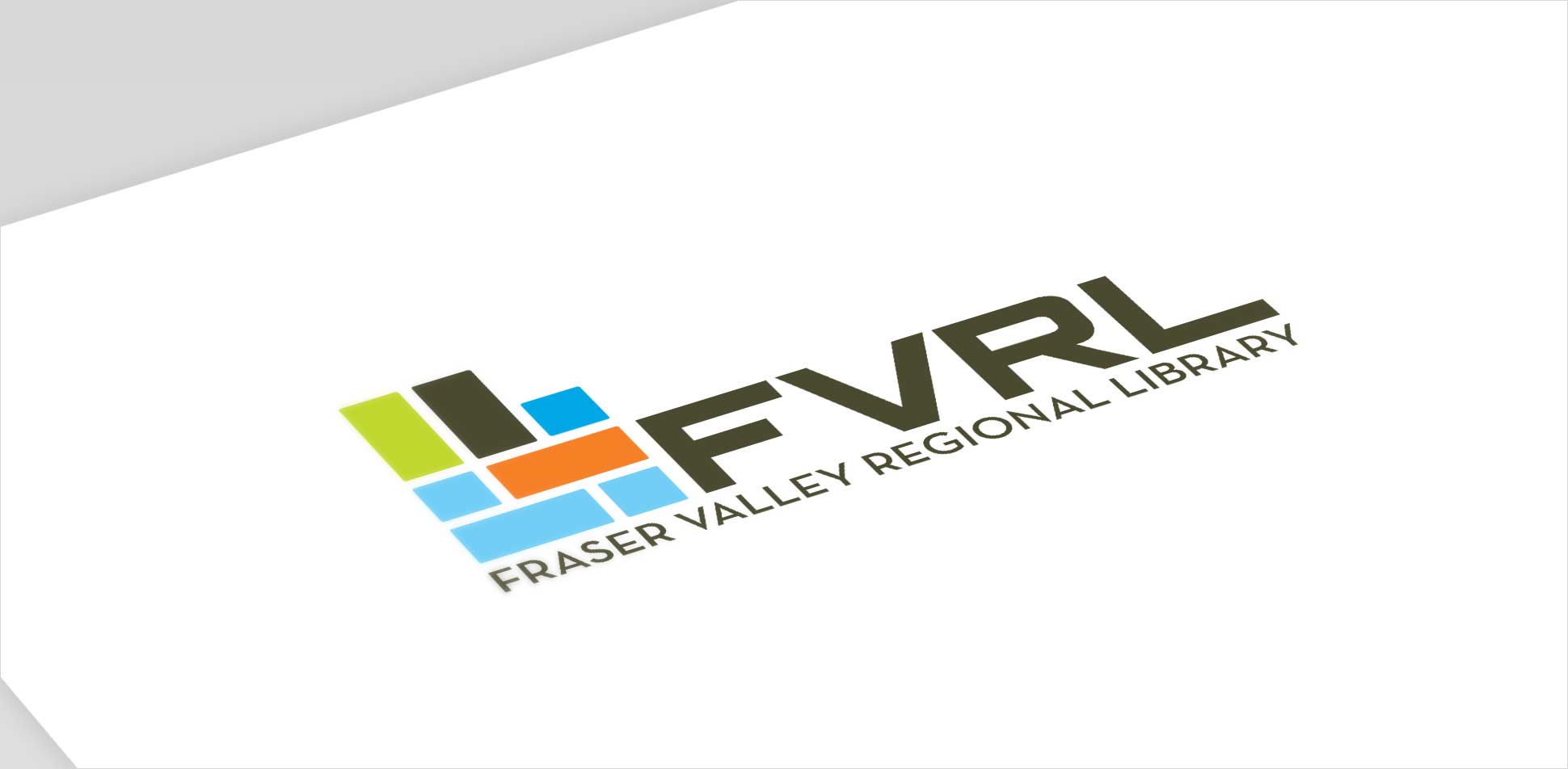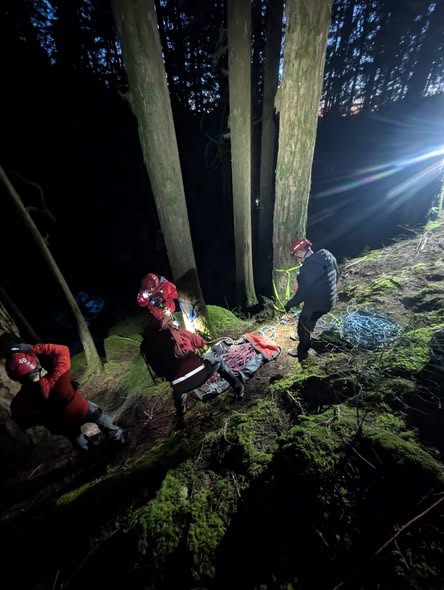Chilliwack (City of Chilliwack/Build Chilliwack) – A proposed rezoning of 45111 Wolfe Road at the April 8th Chilliwack City Council meeting is putting the spotlight on one of the most difficult tensions in Chilliwack’s growth: how do you add more housing without displacing the people who are already here?
Westbow Construction is seeking to transform Fraser Village, a 57-pad manufactured home park, into Sequoia, a 143-unit townhouse development designed around clean, Scandinavian-inspired architecture and a preserved sequoia tree at the heart of the site. The project includes landscaped pedestrian paths, an urban frontage upgrade with bike lanes and sidewalks, and private garages for each unit. The layout moves residents away from Wolfe Road into a quieter interior network of pathways and homes.
It’s a vision that checks all the boxes from a planning perspective: density without sprawl, walkable location, family-oriented housing, and an aesthetic meant to stand the test of time.
But Fraser Village is also home. And for many of the seniors who live there now, it’s one of the last places they can afford to live independently in Chilliwack.
Westbow’s Offer: More Than the Minimum
To their credit, Westbow has gone well beyond the legal requirements set out in the Manufactured Home Park Tenancy Act. They’ve offered to buy out residents at their BC Assessment value—well above the standard $20,000 compensation—while also providing rent-back options, moving support, and connections to subsidized housing. They hosted open houses, met with residents one-on-one, and offered a right of first refusal for new homes in the development, including accessibility upgrades for seniors.
Despite these efforts, the reality remains: most current residents won’t be able to afford to stay.
Some have accepted Westbow’s offer and moved on. Others remain, unsure of what comes next. And for those who don’t have family support or a place to land, this isn’t just a change—it’s a cliff.
The End of a Quiet Option
Fraser Village is part of a fading model of housing: the old-school mobile home park. For decades, it offered something rare—affordable, modest homes with a sense of ownership and independence. Today, these parks are disappearing faster than they’re being replaced. And while we praise “tiny homes” on Instagram as the future of minimalist living, mobile home parks have been quietly offering that lifestyle all along—just without the fanfare.
The problem is, there’s no safety net for the people left behind when these parks are redeveloped. And that’s where the friction lies.
A Likely Approval, and a Lingering Question
The rezoning is expected to pass. It aligns with the city’s Official Community Plan and addresses the growing need for townhomes in established neighbourhoods like Chilliwack Proper. But that doesn’t make it easy.
This project represents a turning point—not just for the land, but for the people who’ve called it home. It’s a reminder that even well-intentioned growth can come with a cost, and that some of our most vulnerable residents may be the ones who pay it.








